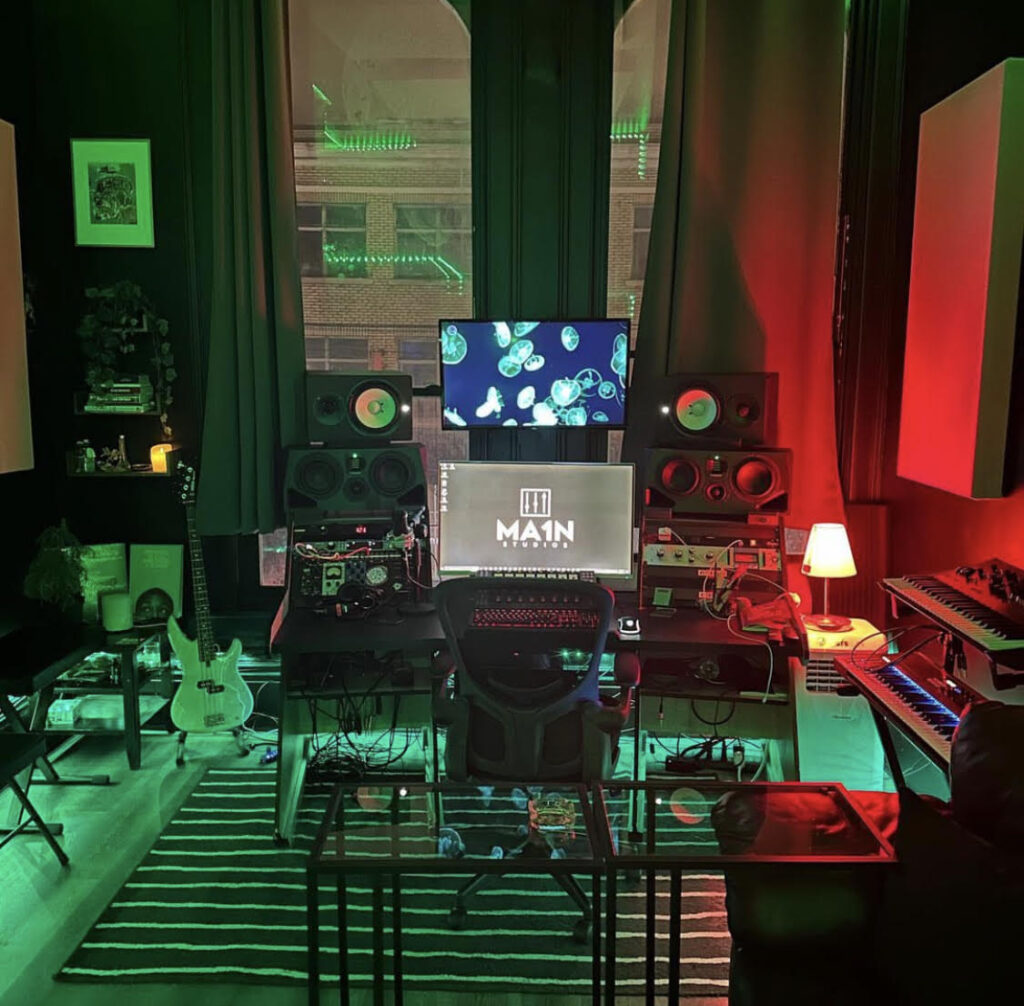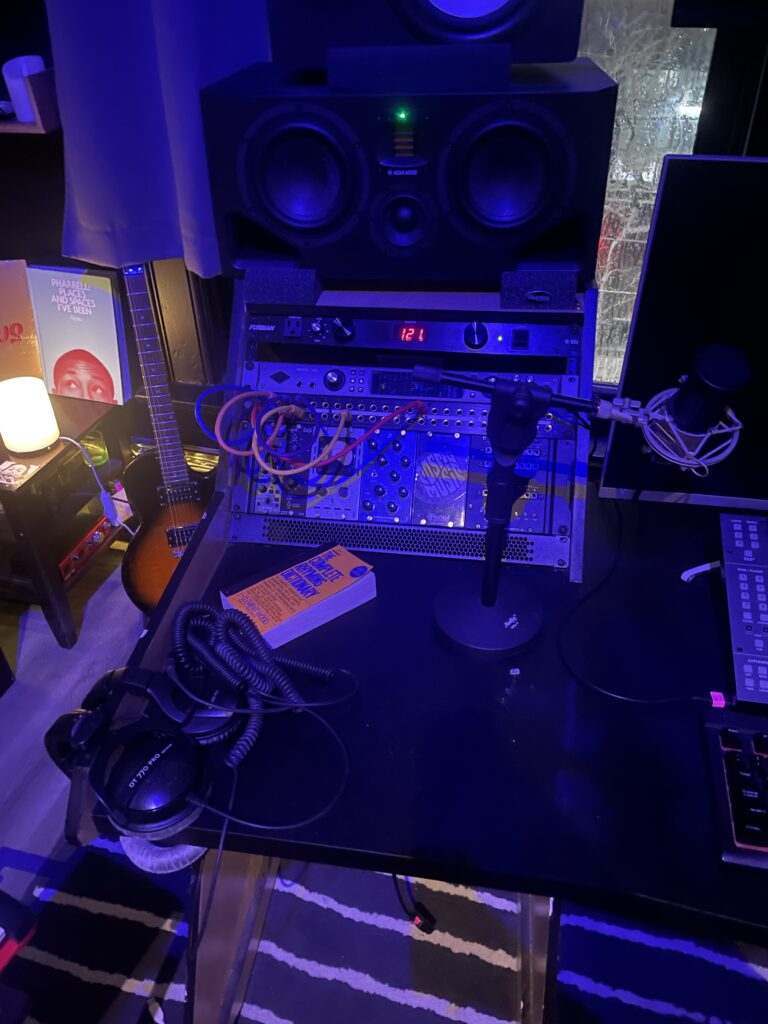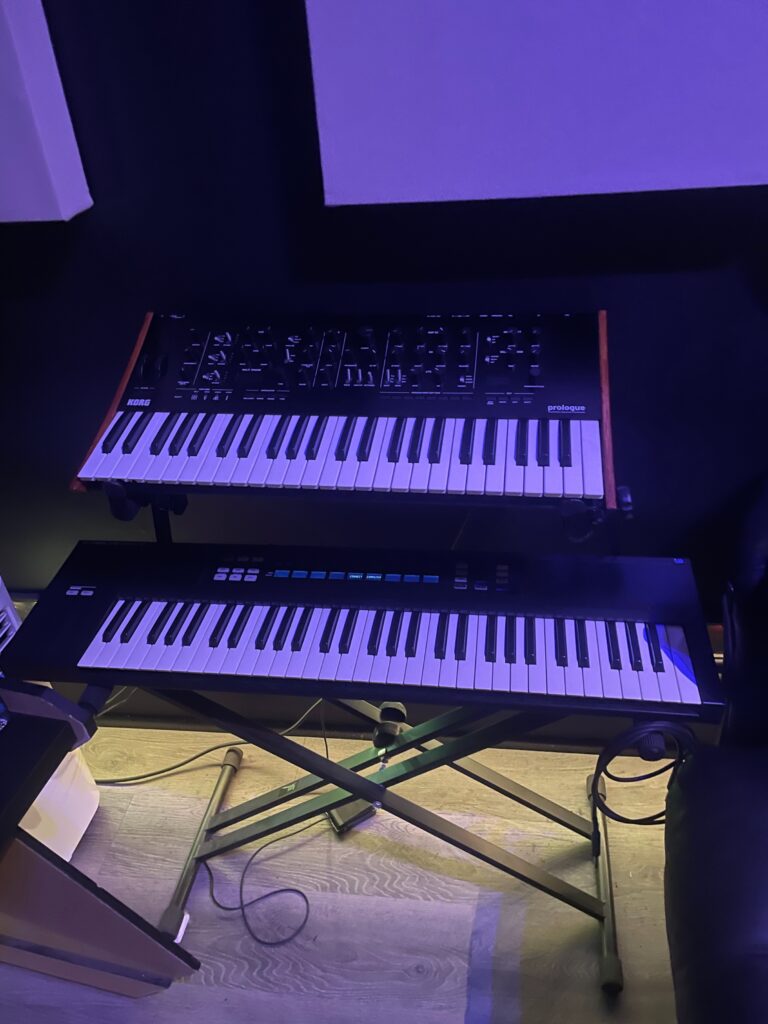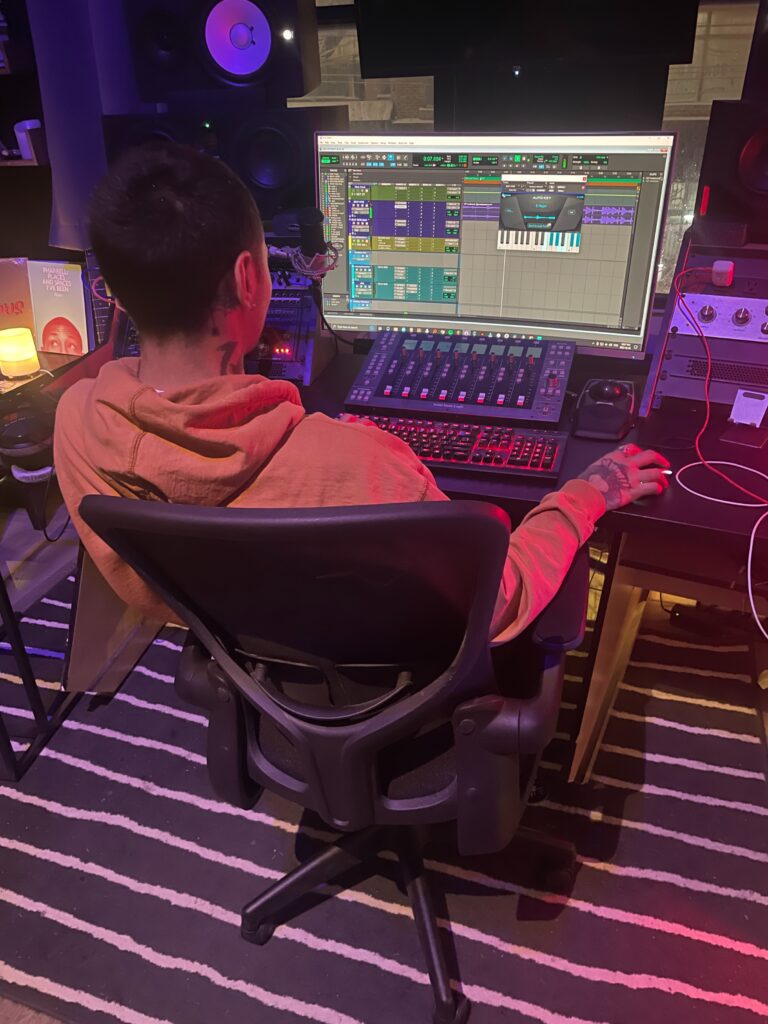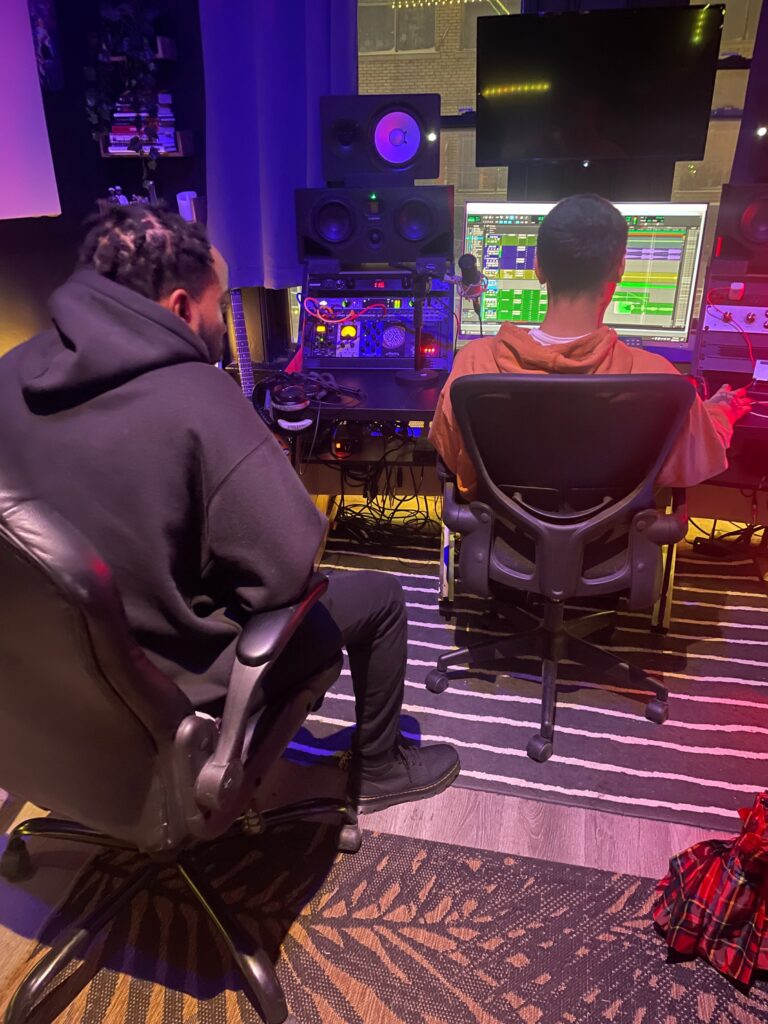By-Aamir Shahid Siddiqui
Growing up in Dar es Salaam, a small city in Tanzania, Tariq Sadiq listened to old tapes of rap legends like Eminem, Tu Pac and Biggie, and aspired to be a rapper himself.
During his 20-minute bus ride to school – a calculation based on the run time of his favourite album Recovery by Eminem, the beats played into Sadiq’s wired headphones while he rested his head against the window and watched the scenery pass by.
Once at school, Sadiq longingly waited for lunch break when he and his friends would gather in the school courtyard to share songs and discover new artists.
“I and my best friend used to play beats in his car and freestyle to it,” said Sadiq, now 20 and living in Toronto.
Sadiq’s hunger for achieving success as a musician continued to grow, and when his parents urged him to get a business degree at the University of Toronto, he saw the move as an opportunity to also follow the paths of Toronto artists he loved like The Weeknd and Drake.
These established artists have boosted Toronto’s reputation for producing successful musicians, but the road to being a successful musician requires help from engineers, producers, record labels and managers. As Sadiq would discover, the path to gaining their attention requires hard work and consistency as it takes many knocks for even a single door to open.
“Together with my homies back home, we had a small group called rappers collective. So, to leave all that and start from nothing, I knew that I’ll have to put in extra effort to find the right people to work with,” Sadiq said.
In Toronto, Sadiq started seeking out artist meetups, also known as cyphers, and contacting studios to build connections and record music. He discovered Main One Studios on Queen St. W. and made it his go-to spot for recording.
“I can really see that music here is taken much more seriously than in my home country. It would definitely be easier to blow up here because there are a lot more resources,” Sadiq said.
Lloyd Miller a Toronto-based rap artist and owner of the Loud Music Entertainment label said that cyphers and gigs in Toronto’s underground music scene help unrecognized artists forge connections and build a following.
“The public is starting to recognize that Toronto has more than one sound, and this will allow for a plethora of acts to pierce through, and hopefully take on the world stage,” Miller said.
The city plays an integral role in promoting local artists. According to a 2022 report from Nordicity, a business management consulting firm, called, “Toronto Music Industry Strategy 2022-2026,” live music venues in Toronto have an annual economic impact of $850 million and employ 10,500 people.
The operational and tourism impacts of Toronto’s live music venues create $514 million in labour income and the Toronto region accounts for approximately 80% of all recording industry spending in Canada, according to the report.
Like all live entertainment, the industry suffered setbacks during the pandemic lockdowns, but the period also gave musicians time to make new music
Freddie Fame, a Toronto-based event manager who has also managed several artists all over Canada, said that the pace of growth in Toronto’s music scene has picked up over the last year and that his events get fully booked within a week after registration opens.
In his showcase events, an artist can expect to pay C$75 for a two-minute performance and up to C$250 for a ten-minute performance. After paying for a time slot, artists receive a certain amount of tickets that they can resell or give away to their fans, family and friends.
“I’m selling more tickets than ever before and slots for artists, I’m saying 40-50 spots get taken in about a week or so,” Fame said.
The increase in the number of artists has its cons such as the industry becoming more saturated leading to more competition.
It takes away opportunities from some who may get mixed up in a traffic of mediocre artists, Sadiq said.
“Every Tom, Dick and Harry wants to become an artist nowadays and because of that, the ones who are deserving don’t get recognized,” he said.
Miller said the increasing number of artists is a boon for Toronto’s music scene.
“The underground music scene in Toronto is at a very good place today,” Miller said. “Wherever there is more collaboration, there is more advancement. So, I do believe that in the near future, we will see a rise in many different, strong acts from the city, and Loud Music will be a part of it.”
Sadiq has fulfilled a part of his journey by earning a reputation in Toronto’s underground music scene and hopes to release music more widely to sustain himself financially.
“Unlike me, there are so many children in Tanzania who can’t afford to come to countries like the USA and Canada. I want to make it big and give opportunities to the talent back home,” he said.

